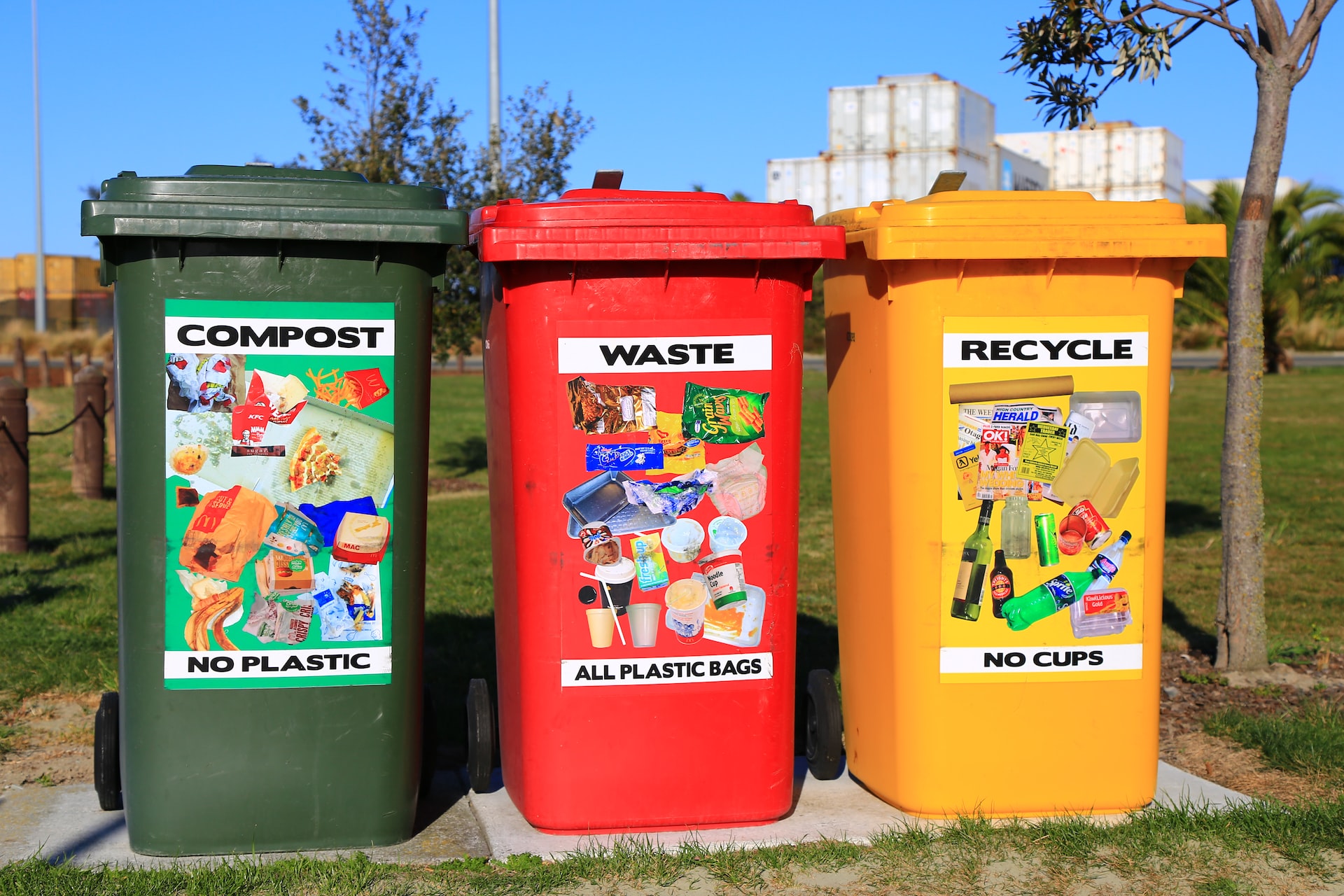Being eco-friendly is becoming more and more critical. You can notice the effects of climate change everywhere, from more extreme weather conditions to rising sea levels. One of the main advantages is that eco-friendly products are often more sustainable than their traditional counterparts. This implies that they have a lower environmental impact and can help preserve natural resources.
1. Reduce Your Energy Consumption
One of the essential things you can do to reduce your environmental impact is lower energy consumption. One way to save energy is to ensure your home is well insulated. This will reduce the amount of heat or air conditioning that escapes and can lower your energy bills by a significant amount. In addition, you can save energy by switching to energy-efficient light bulbs and appliances. Finally, turn off lights when you leave a room and unplug electronics when they’re not in use, as these can still consume a surprising amount of power.
2. Avoid Single-Use Products
With the amount of waste you dispose of each day, it’s no wonder that the landfills are overflowing. In order to cut down the amount of waste generated, it’s essential to use products made from sustainable materials designed to be reusable. A double wall insulated water bottle is a great way to save money and reduce your environmental impact. By keeping your water cold for hours at a time, you can reduce the amount of water you need to buy and the number of plastic bottles you throw away each year. When choosing environmentally friendly products, it is essential to consider the product’s entire life cycle, from its production to its disposal.
3. Save Water
Water is a valuable resource, and you need to be careful not to use more than is sustainable. Additionally, saving water can help to reduce your utility bills, as well as your impact on the environment. There are numerous ways to save water inside and outside the home. Some simple tips include turning the faucet off while brushing your teeth, fixing any leaks promptly, and only running the washing machine when they are full. You can also save water by landscaping with drought-tolerant plants and using an innovative irrigation system that targets watering only to areas that need it. You can also collect rainwater to use for watering plants or car washing.
4. Compost
You can reduce the impact on the environment by composting. Compost is organic matter that has been decomposed and recycled as a fertilizer or soil amendment. It is a critical ingredient in organic farming. The composting process returns nutrients to the soil, reducing the need for synthetic fertilizers. It also helps to improve soil structure, drainage, and aeration. Composting can also help to reduce landfill waste. By composting your food waste, you can significantly reduce your ecological footprint. In addition, composting helps create a habitat for beneficial microorganisms, improving plant health and yield.
5. Shop Local and Organic
When you buy locally, you reduce the transportation required to get the product. That means fewer emissions and less pollution overall. Shopping organic is also great for the environment. Organic farmers don’t use synthetic fertilizers or pesticides, which can pollute waterways. They also promote soil health, which helps to sequester carbon and combat climate change. Organic products are also generally better for your health since they are free of harmful chemicals.
6. Switch to Renewable Energy
As the world becomes more industrialized, the energy demand is increasing. Unfortunately, the majority of the energy still comes from non-renewable sources, such as fossil fuels. This is not sustainable in the future, as these resources will eventually run out. Additionally, burning fossil fuels releases harmful greenhouse gases into the atmosphere, contributing to climate change. Switching to renewable energy sources is a meaningful way to become more eco-friendly and reduce your reliance on fossil fuels. Solar and wind power are two of the most popular renewable energy options. Solar panels convert sunlight into electricity, while wind turbines generate electricity from the wind.
7. Consider Your Transport
In regard to transportation, there are several things you can do to reduce your impact on the planet. A straightforward way is to walk or ride your bike instead of driving whenever possible. Not only is this good for the environment, but it’s also great for your health. If you must drive, carpooling or taking public transportation are also excellent options. Additionally, you should ensure your car is well-maintained. Regular oil changes and tire rotations help to improve fuel efficiency and prevent unnecessary emissions. You should also consider investing in an electric or hybrid vehicle. These cars have a much lower environmental impact than traditional gas-powered cars and can eventually save you money on fuel costs.
8. Use Green Cleaning Products
Green cleaning products are environmentally friendly and have a less negative impact on the environment than traditional cleaning products. They are made with naturally derived or sustainable ingredients and are often biodegradable or non-toxic. Green cleaning products are also usually less harsh on surfaces than traditional cleaning products, which means they can assist in prolonging the life of your décor. In addition, using green cleaning products can help to improve indoor air quality by reducing the number of harmful chemicals in your home.
There’s no doubt that you have had a significant environmental impact. Forests have been cleared, dammed rivers, and emitted millions of greenhouse gases into the atmosphere. But it’s not all doom and gloom – there are things you can do to mitigate the damage you’ve made. By making minimal adjustments in your daily routine, you can make a significant impact on the environment.


